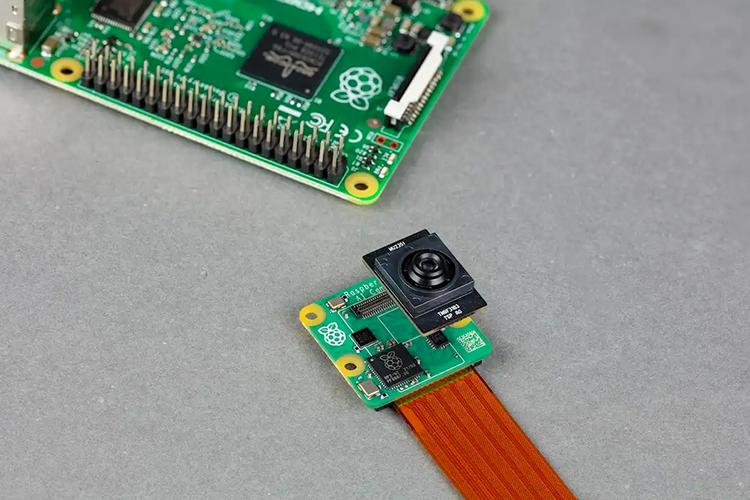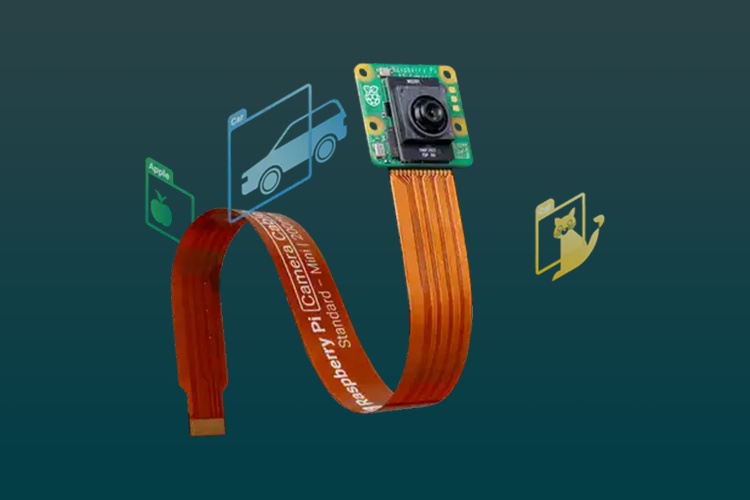
Raspberry Pi has introduced its newest AI Camera, which is now available for $70. This new camera module, built around Sony’s IMX500 Intelligent Vision Sensor, is designed to run neural network models directly on the camera, offloading the processing workload from the Raspberry Pi. The camera is equipped with a 12 MP sensor with manual focus and an integrated RP2040 microcontroller for managing neural networks and firmware. The onboard RP2040 comes with a 16MB flash for caching recently used models. This AI Camera module is compatible with all Raspberry Pi models using standard ribbon cables, offering impressive AI capabilities for various computer vision applications.

What sets the Raspberry Pi AI Camera apart is its low-power AI processing, which allows users to run popular models like object detection and pose estimation while keeping the Raspberry Pi's processor free for other tasks. With seamless integration into the Raspberry Pi’s camera frameworks like Picamera2 and rpicam-apps, the AI Camera provides real-time, high-performance inferencing at 30 frames per second. Whether using TensorFlow, PyTorch, or pre-existing models from the Raspberry Pi model zoo, the camera delivers smooth performance even on lower-powered boards such as the Raspberry Pi Zero.
For those exploring AI projects, the choice between the AI Camera and the AI Kit depends on the use case. The AI Kit, designed exclusively for the Raspberry Pi 5, offers higher performance but requires additional hardware like a separate camera module. The AI Camera, on the other hand, offers a more compact and cost-effective solution compatible across all Raspberry Pi models. Both products open up exciting opportunities for edge AI, making them valuable tools for developers pushing the boundaries of visual intelligence on Raspberry Pi. More details can be found on the Raspberry Pi AI Camera Product Page.

